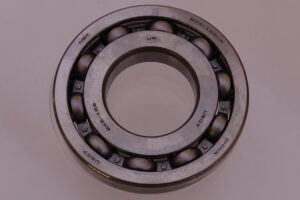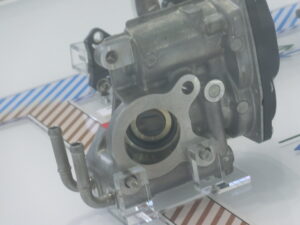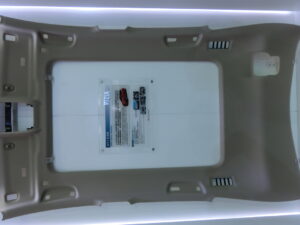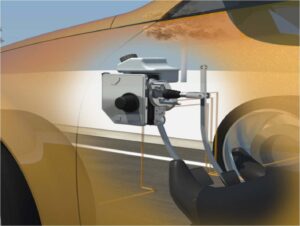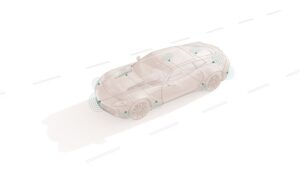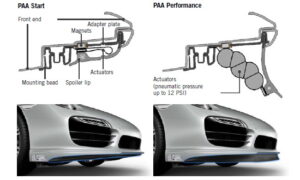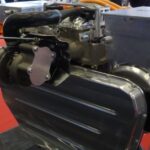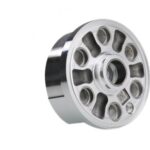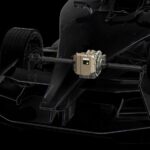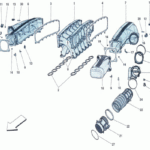The BMW Group plans to launch its first vehicles featuring completely vegan interiors in 2023. This is being made possible primarily through the development of innovative materials with leather-like properties. It will also be possible to use these materials for steering wheel surfaces, which must fulfil demanding criteria when it comes to feel, premium appearance and wear resistance. Fully vegan interiors will be available for both BMW and MINI models for the first time from 2023. The BMW Group is thus serving the demand for vegan and leather-free interiors, which is set to increase further in the near future, especially in the US, China and Europe.
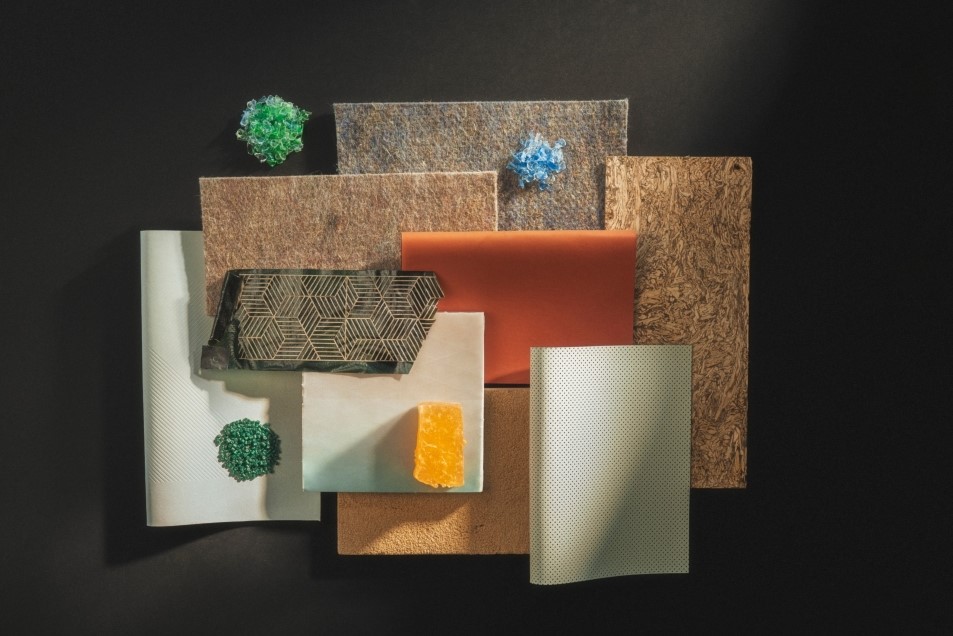
The introduction of a new surface material for steering wheels will see the proportion of vehicle components that contain traces of raw materials of animal origin fall to less than one percent in the respective BMW and MINI vehicles. As a result, these materials will now only be found in areas that are not visible to the customer, for example in various waxy substances such as gelatine used in protective coatings, lanolin in paints, tallow as an additive in elastomers and beeswax as a flux for paints.
The new steering wheel surface material reduces CO2e emissions along the value chain by around 85 percent compared to leather. Up to now, most of the emissions produced, around 80 percent, were in the form of methane gas from cattle rearing. The remaining 20 percent was accounted for by processing of the cowhide, which is highly energy- and water-intensive.
It’s all in the detail: The floor mats for various models are made from mono-material, thus avoiding material mixes that are difficult to recycle. As a result, the BMW Group saves around 23,000 tonnes of CO2 and an additional 1,600 tonnes of waste every year, since the recycled floor mats and waste material are also reused within the production process.
Research and development in the field of secondary raw materials and sustainable materials are a top priority. Future vehicle generations will offer other attractive alternatives to leather. The BMW Group is working with start-up companies to develop innovative bio-based materials. Compared to the synthetic leathers previously used, these result in around 45 percent lower CO2 emissions. MirumTM, which is 100 percent bio-based and petroleum-free, has the potential to mimic all the properties of traditional leather. Another new material, DeserttexTM, is made from pulverised cactus fibres with a bio-based polyurethane matrix.

